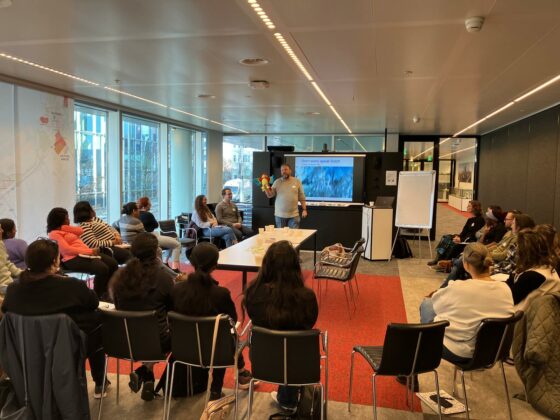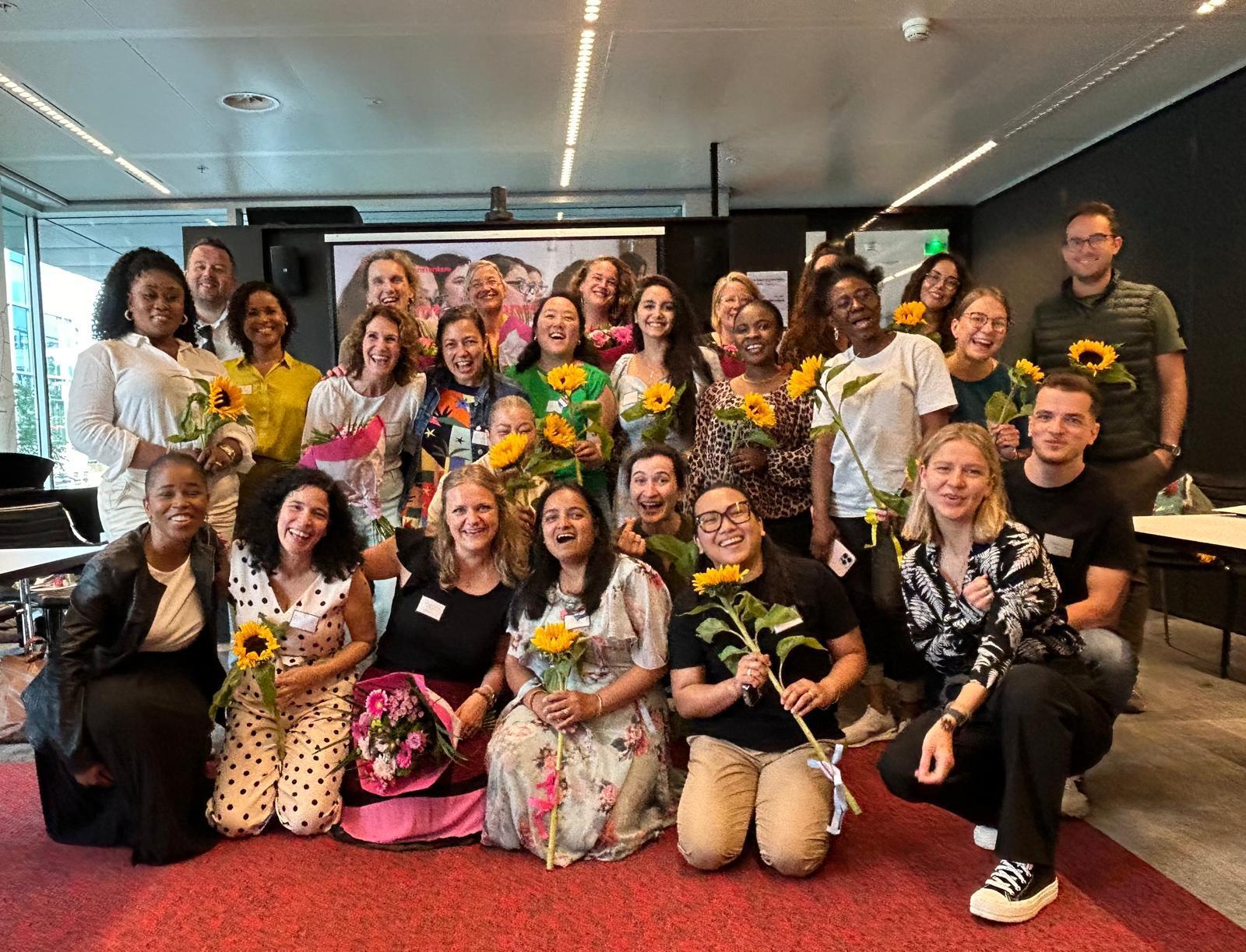An experiment in Amsterdam to help the partners of highly skilled migrants and other internationals find work in the Dutch healthcare sector is set to get a follow up after successfully placing several people in jobs.
Now the city’s international centre, IN Amsterdam, hopes to learn more about how best to create career opportunities for internationals who want to work in healthcare through a new survey.
The pilot project, city officials say, was a win-win situation because it helps skilled international healthcare professionals put their talents to use while also addressing critical staff shortages in the Dutch healthcare sector.
Matching skills
The project focused on the partners of people who have been posted to the Netherlands for work and other international healthcare professionals in the area. Many of them struggle to find a job that matches their skills, particularly when their qualifications are not recognised or when language barriers stand in the way.
“The project offered me the chance to meet other healthcare professionals and find work,” said Caitlin, a music therapist from South Africa. “This project has helped me to show what I am good in, and at the same time I am learning Dutch, which is very important.”
According to a 2024 Decisio report, just over 55,000 non-working partners live with their international families in the wider Amsterdam area. Many of those who do work end up in jobs below their skill level or in an unrelated field.


“This trend is particularly evident in healthcare, where skilled professionals face multiple barriers to employment. These include the cost and complexity of international qualification recognition, the language barrier, and limited professional connections,” IN Amsterdam said.
The city council is working together on the project with healthcare umbrella organisation SIGRA and the Regional Work Centre Groot Amsterdam.
15 nationalities
The class of 2024 included 27 participants from 15 different nationalities, among them partners of highly skilled migrants as well as refugees and spouses of Dutch or EU nationals.
With only one month of Dutch language training behind them, participants met recruiters from more than 10 large healthcare employers. Many were invited for follow-up interviews, to shadow other employees, or to volunteer with clients.
Two thirds of them have since secured contracts or started additional training, while others have gained a clearer idea of their career prospects and progression. Most importantly, officials say, they all grew in confidence, developed a sense of community, and started to build a professional network in the Amsterdam region that extends beyond the pilot programme.
If you are a healthcare professional living in the Amsterdam region or if you do not have a medical background but would like to work in healthcare, please take a few minutes to complete the survey to help employers build a better picture of what skills are available.
